Human Dependency on the Internet and A Brief Discussion on Deep Web
VerifiedAdded on 2023/06/13
|5
|1041
|472
AI Summary
This article discusses the human dependency on the internet and the deep web. It explains how the internet has become a basic necessity and how people have become increasingly dependent on it. It also explains the concept of the deep web, which is any kind of information on the internet that might be inaccessible by any search engine. The article also discusses the uses of the deep web.
Contribute Materials
Your contribution can guide someone’s learning journey. Share your
documents today.
1 out of 5
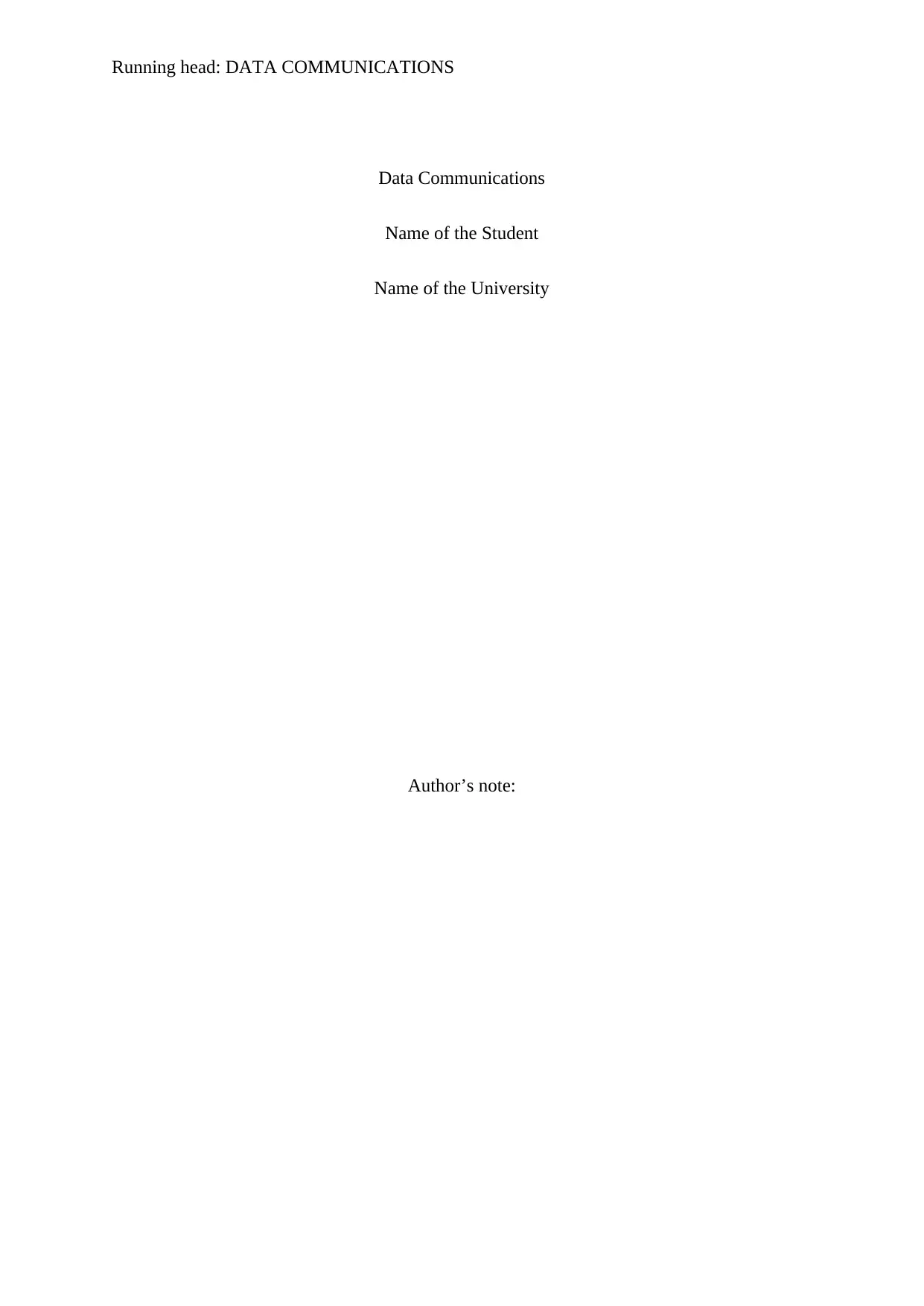
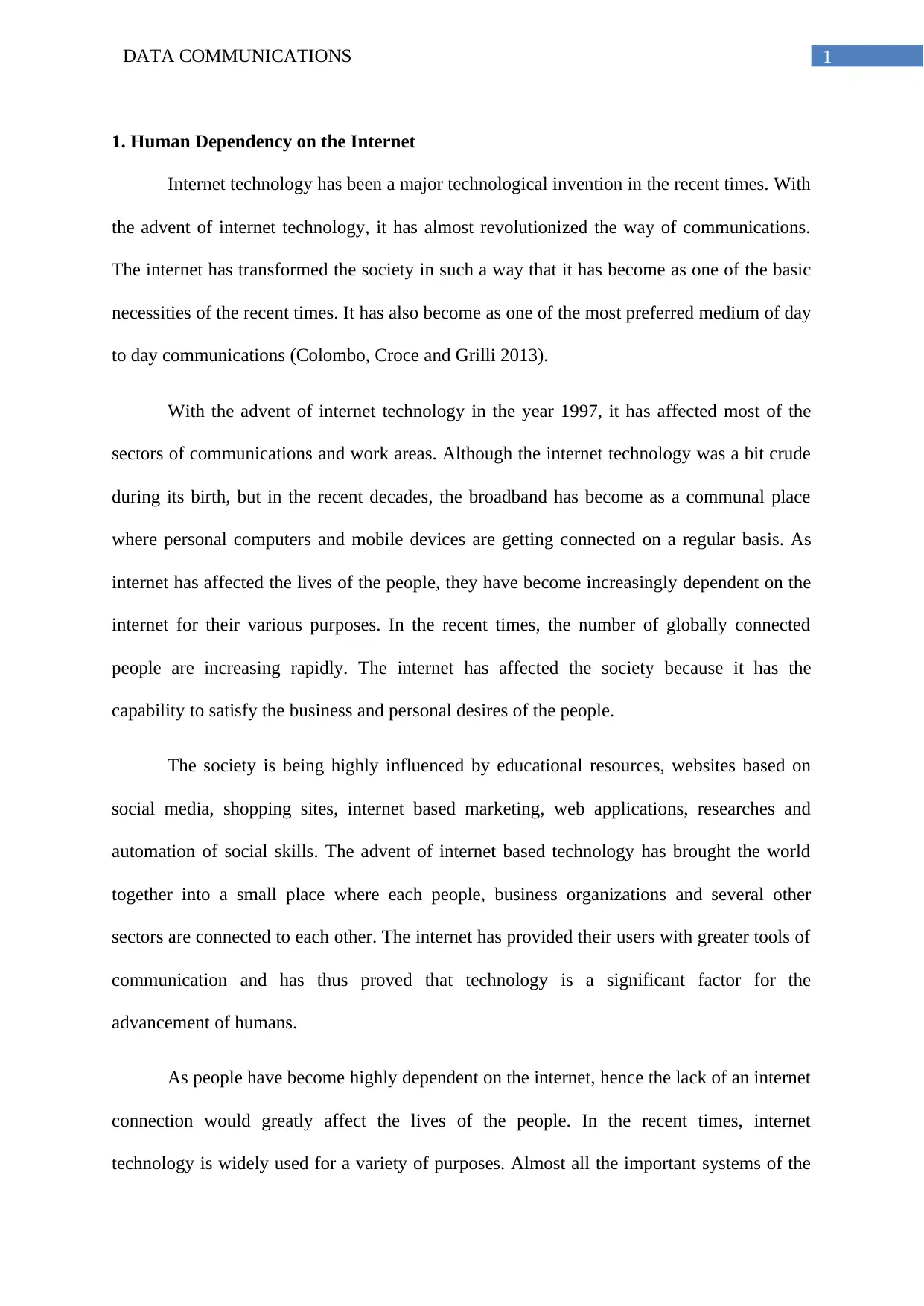
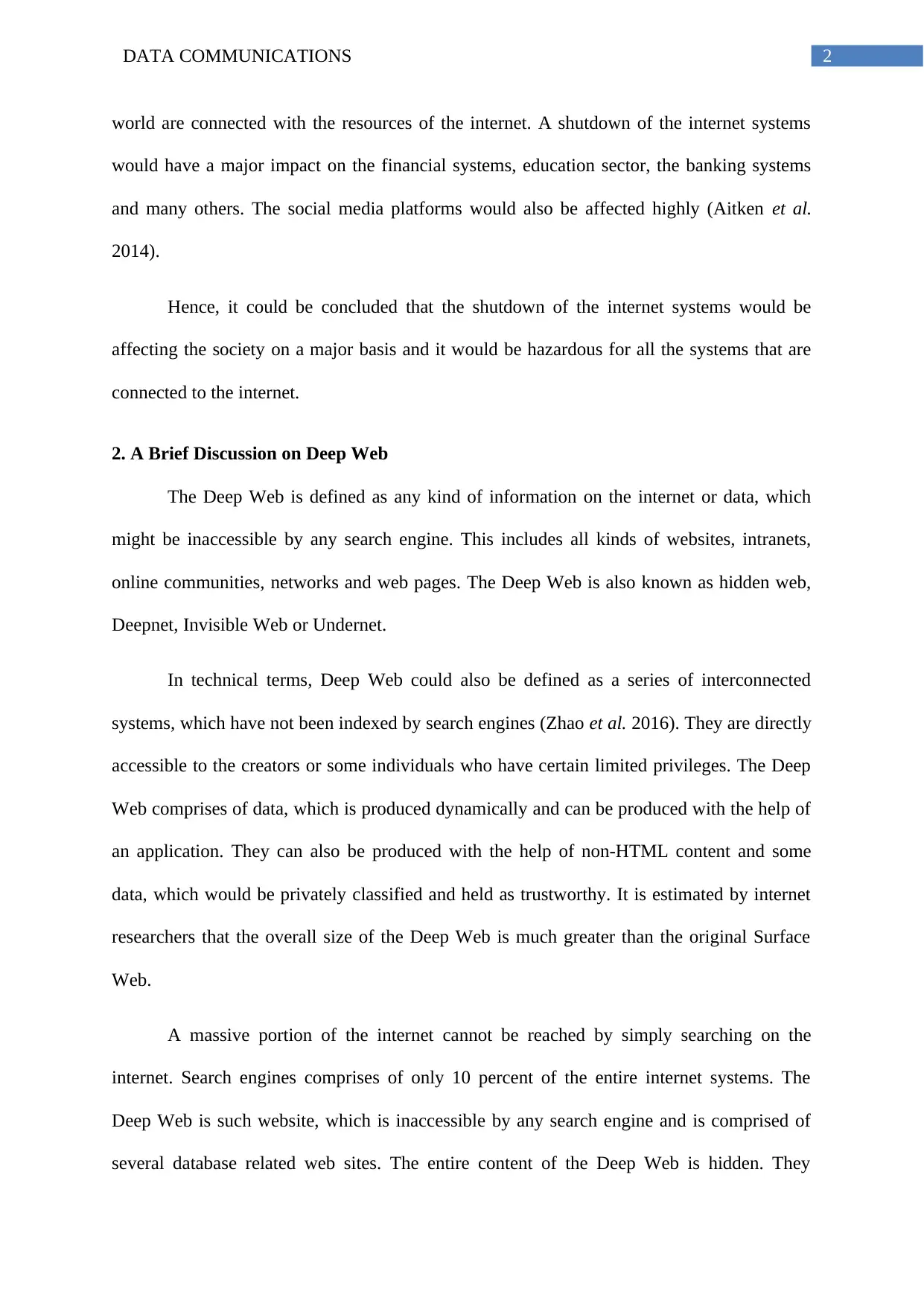
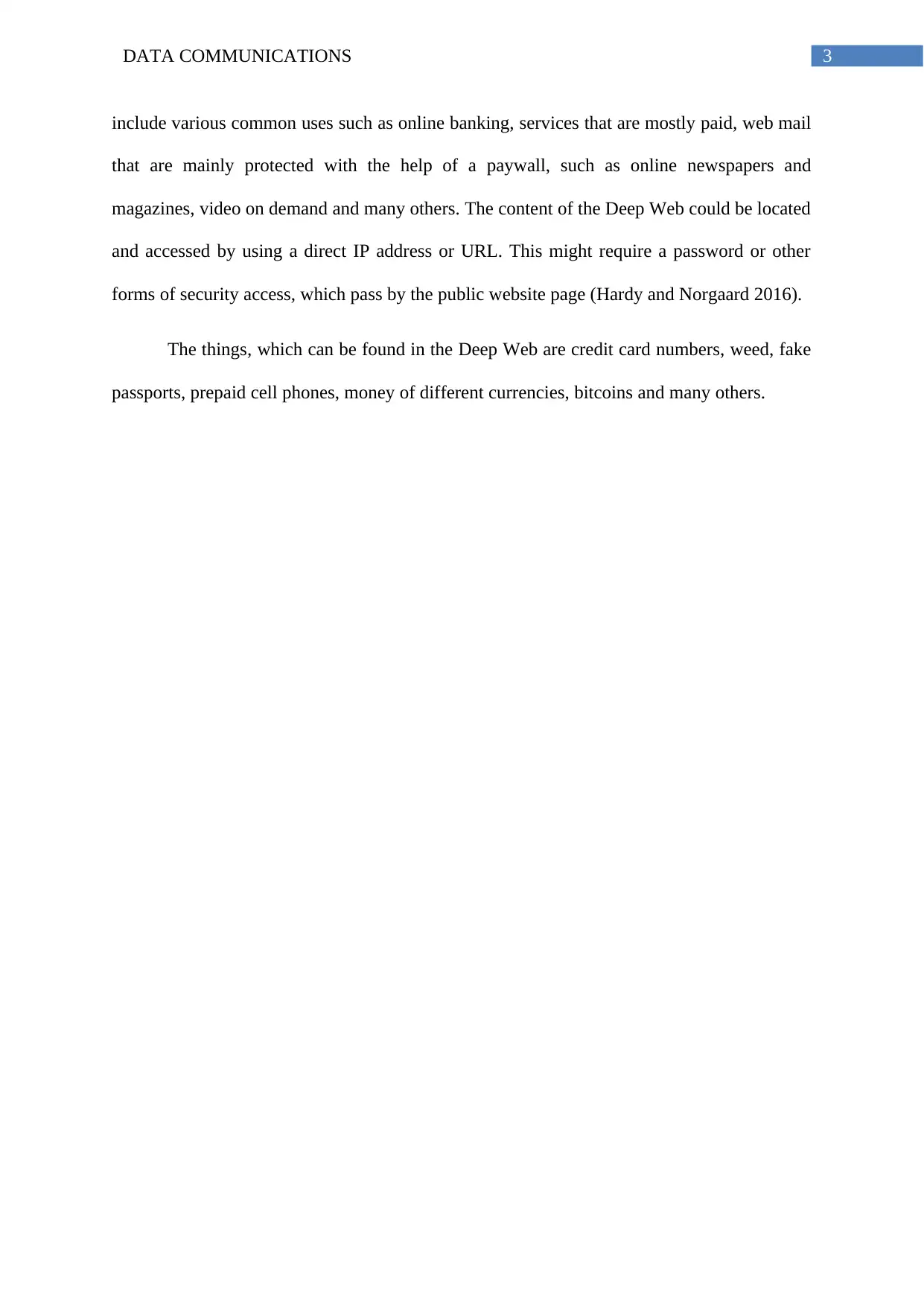
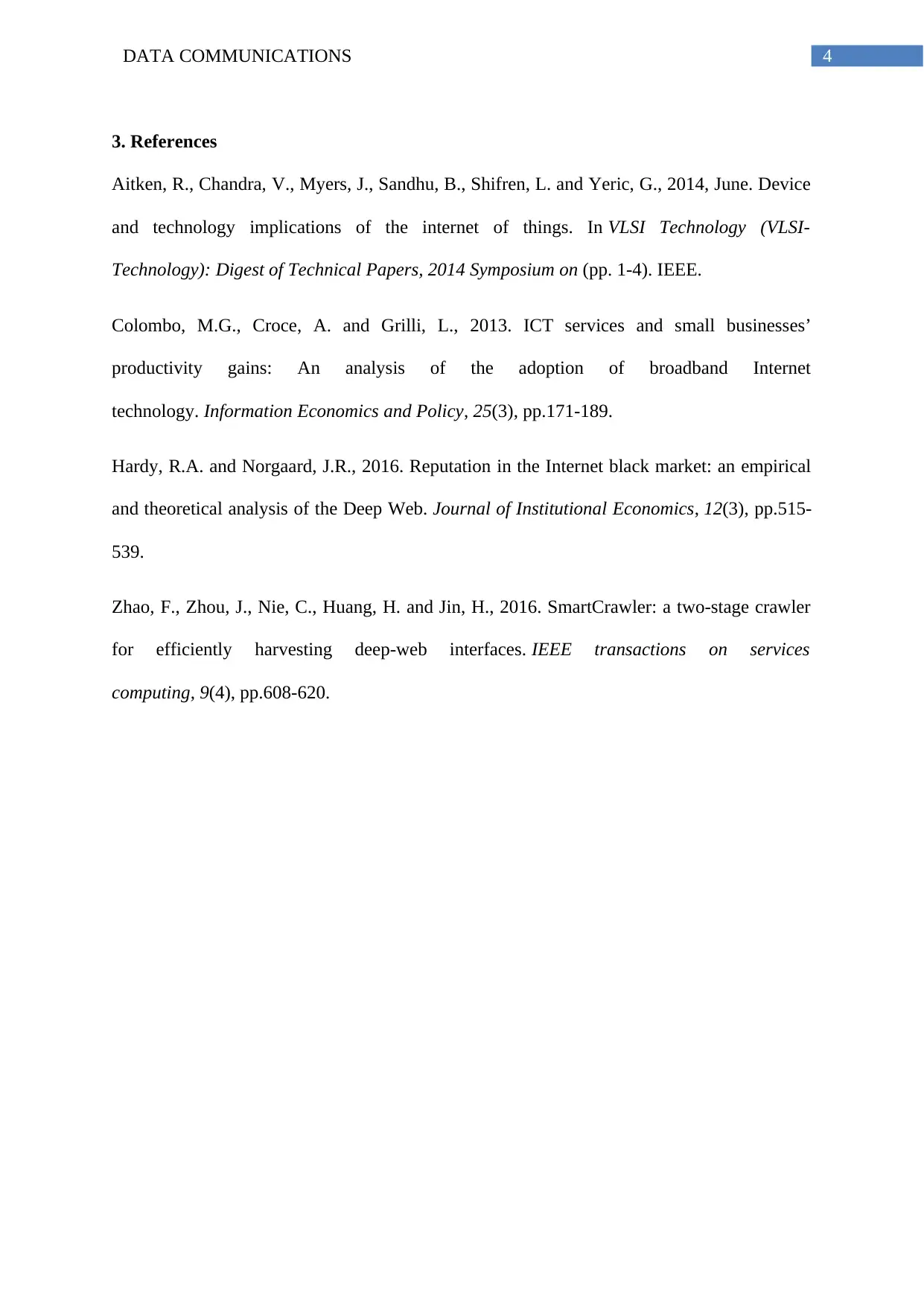






![[object Object]](/_next/static/media/star-bottom.7253800d.svg)